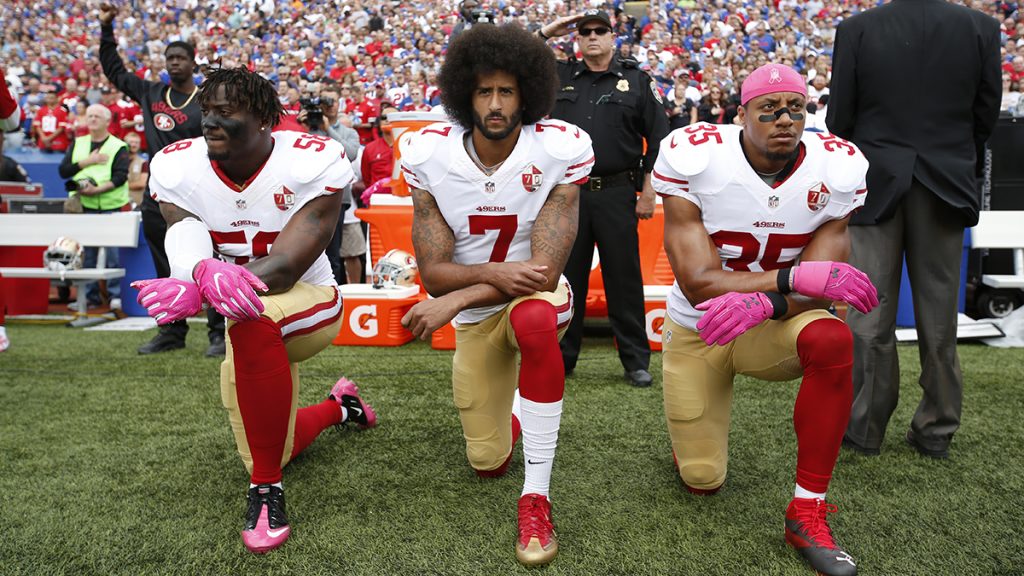Due to player contracts, many athletes are forced to keep silent on controversies or topics they may want to talk about. In order to receive their annual payment, athletes (for example, in the Olympics) must sign contracts with their national sports federations. Those contracts are known as “athlete agreements,” which contain clauses stating that players must watch what they say. I find that it’s quite unfair because as soon as someone tries to voice their opinion on an important topic, even if it’s for a good cause, they can easily lose all the money that they’ve worked hard for. This is only creating unnecessary fear and unfairness for the athletes.

So, how did this all start? In fact, The IOC, also known as International Olympic Committee, is the leader of Olympic movement their role is to support the athletes at any cost at the Olympic games and any sport in general. Although, they work through without the use of politics and if someone breaks this rule, they receive a severe ban from the sport. In their recent guidelines, the IOC stated that a “fundamental principle” at the Games is that sport is neutral, and that athletes’ expressions within Olympic venues, whether the players are playing on the field during competitions or during the official ceremonies as it “may distract the focus from the celebration of athletes’ sporting performances.”
They have received many complains and criticism from both the audience and the athletes themselves about this, who think that the IOC should change the rules since it restricts their basic rights of speaking out to people. This is well explained by a competitor in the 1964 Tokyo Olympics: “I fully support the right to free speech. I have always believed that athletes should take responsibility for the circumstances and sports in which they are involved and they cannot do that without the right to speak out. […] Free speech is an internationally established human right. It’s not something that should be conferred or denied by a vote. The majority should never be able to silence the minority.”
“no kind of demonstration or political, religious, or racial propaganda is permitted in any Olympic sites, venues, or other areas.”
-Rule 50 of the Olympic Charter